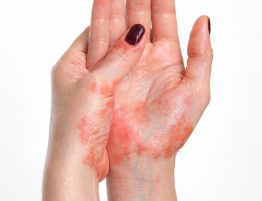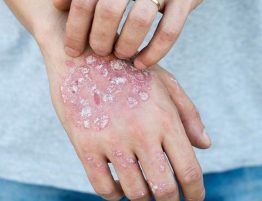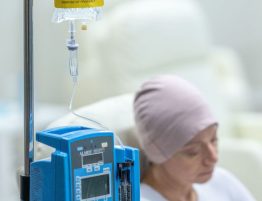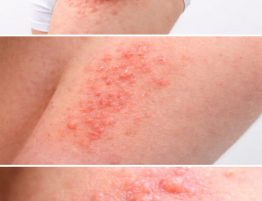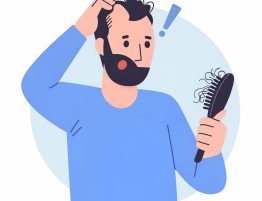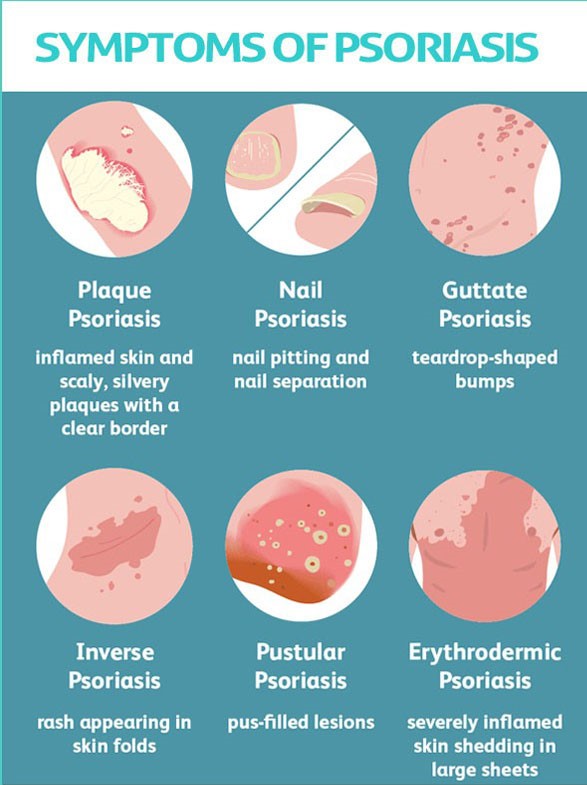
Psoriasis is a skin disorder that causes skin cells to multiply up to 10 times faster than normal. This makes the skin build up into bumpy red patches covered with white scales.
They can grow anywhere, but most appear on the scalp, elbows, knees, and lower back. Psoriasis can’t be passed from person to person. It does sometimes happen to members of the same family.
Psoriasis is a chronic disease that often comes and goes. The main goal of treatment is to stop the skin cells from growing so quickly.
Symptoms
Psoriasis signs and symptoms are different for everyone. Common signs and symptoms include:
- Red patches of skin covered with thick, silvery scales
- Small scaling spots (commonly seen in children)
- Dry, cracked skin that may bleed
- Itching, burning or soreness
- Thickened, pitted or ridged nails
- Swollen and stiff joints
Psoriasis patches can range from a few spots of dandruff-like scaling to major eruptions that cover large areas.
Types of Psoriasis
Plaque Psoriasis – Most common form, plaque psoriasis causes dry, raised, red skin lesions (plaques) covered with silvery scales. The plaques might be itchy or painful and there may be few or many
Nail Psoriasis – Psoriasis can affect fingernails and toenails, causing pitting, abnormal nail growth and discoloration. Psoriatic nails might loosen and separate from the nail bed (onycholysis). Severe cases may cause the nail to crumble
Guttate Psoriasis – This type primarily affects young adults and children. It’s usually triggered by a bacterial infection such as strep throat. It’s marked by small, water-drop-shaped, scaling lesions on your trunk, arms, legs and scalp
Inverse Psoriasis – This mainly affects the skin in the armpits, in the groin, under the breasts and around the genitals. Inverse psoriasis causes smooth patches of red, inflamed skin that worsen with friction and sweating. Fungal infections may trigger this type of psoriasis
Pustular Psoriasis – This uncommon form of psoriasis can occur in widespread patches (generalized pustular psoriasis) or in smaller areas on your hands, feet or fingertips
Erythrodermic Psoriasis – The least common type of psoriasis, erythrodermic psoriasis can cover your entire body with a red, peeling rash that can itch or burn intensely
Psoriatic Arthritis – In addition to inflamed, scaly skin, psoriatic arthritis causes swollen, painful joints that are typical of arthritis. Sometimes the joint symptoms are the first or only manifestation of psoriasis or at times only nail changes are seen
Psoriasis Triggers
Psoriasis typically starts or worsens because of a trigger that you may be able to identify and avoid. Factors that may trigger psoriasis include:
- Infections, such as strep throat or skin infections
- Injury to the skin, such as a cut or scrape, a bug bite, or a severe sunburn
- Stress
- Smoking
- Heavy alcohol consumption
- Vitamin D deficiency
- Certain medications — including lithium, which is prescribed for bipolar disorder, high blood pressure medications such as beta blockers, antimalarial drugs, and iodides
Treatments
Topical treatments – Used alone, creams and ointments that you apply to your skin can effectively treat mild to moderate psoriasis. When the disease is more severe, creams are likely to be combined with oral medications or light therapy. Topical psoriasis treatments include:
- Topical corticosteroids Vitamin D analogues
- Anthralin
- Moisturizers
- Topical retinoids
- Calcineurin inhibitors
- Salicylic acid
- Coal tar
Light therapy (phototherapy) – This treatment uses natural or artificial ultraviolet light. The simplest and easiest form of phototherapy involves exposing your skin to controlled amounts of natural sunlight.
- Sunlight
- UVB Phototherapy
- Narrow band UVB Phototherapy
- Goeckerman Therapy
- Psoralen plus ultraviolet A (PUVA)
- Excimer laser
Oral or injected medications – This is known as systemic treatment. Because of severe side effects, some of these medications are used for only brief periods and may be alternated with other forms of treatment
- Retinoids
- Methotrexate
- Cyclosporine
- Drugs that alter the immune system (biologics)
- Other medications
What We Offer
We at Almurshidi Medical Tourism will find the best doctors to cater to your needs. We are partnered with a wide network of hospitals and clinics that provide top quality medical experience.
We provide free medical estimates, make medical appointments, and provide several medical opinions if needed at no cost.
Contact Us
For more information contact us at +66822004040 or via WhatsApp

